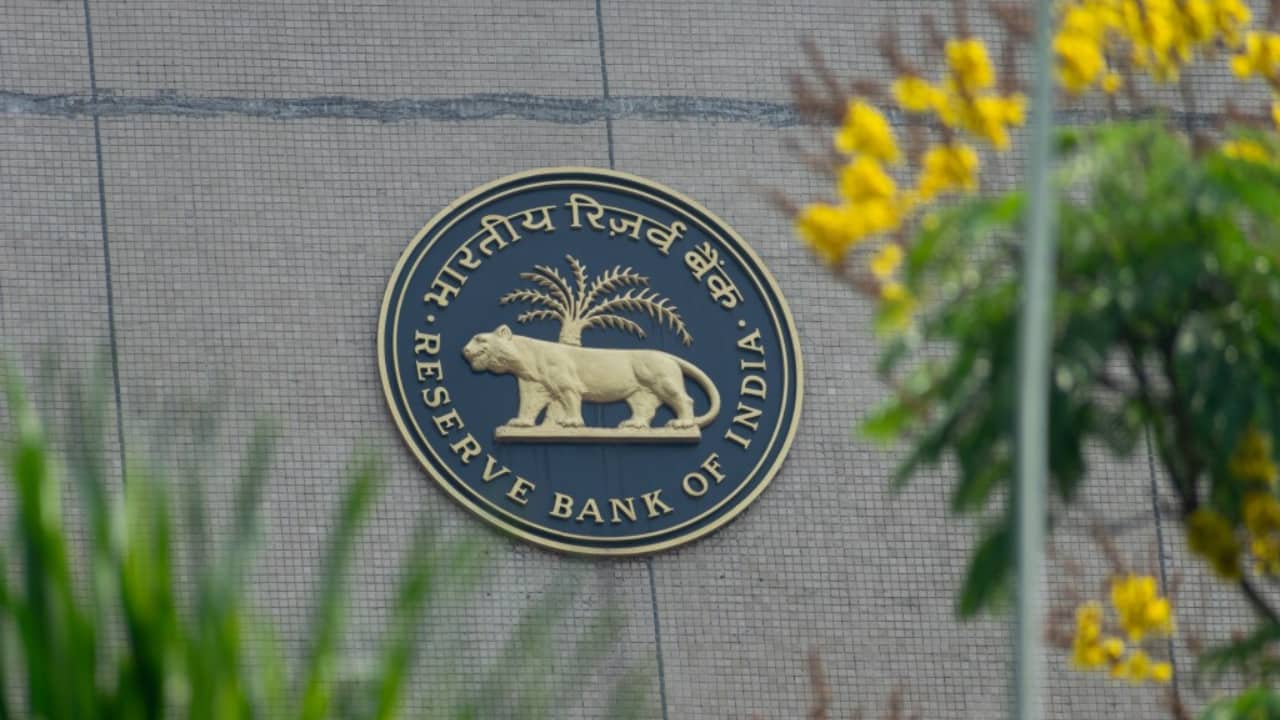Finance Bill 2025: Will it Impact Healthcare Access for Kenyans?

The upcoming Finance Bill 2025 in Kenya has sparked considerable debate, particularly concerning its potential impact on access to healthcare. While the bill aims to bolster public finances and drive economic growth, concerns are rising that certain provisions could inadvertently erode the affordability and accessibility of essential healthcare services for ordinary Kenyans. This article delves into the key aspects of the Finance Bill 2025 and examines how they could affect the nation's healthcare landscape, exploring potential solutions to ensure a balance between fiscal responsibility and the well-being of citizens.
Understanding the Finance Bill 2025 and its Objectives
The Finance Bill 2025 is a crucial piece of legislation that outlines proposed changes to Kenya’s tax laws and financial regulations. The government’s primary objective is to increase revenue collection, reduce the budget deficit, and ultimately, stimulate economic development. This involves a range of measures, including adjustments to tax rates, the introduction of new levies, and revisions to existing exemptions. However, the specific details of these measures have ignited a heated discussion about their potential consequences, particularly in sectors like healthcare.
Potential Impacts on Healthcare Access
Several aspects of the Finance Bill 2025 have raised concerns among healthcare professionals, patient advocacy groups, and economists. Firstly, proposed tax increases on essential medical supplies and equipment could drive up the cost of healthcare services. This would disproportionately affect low-income families and individuals who already struggle to afford basic medical care. Secondly, changes to tax incentives for private health insurance could discourage individuals from purchasing coverage, leading to increased reliance on already strained public healthcare facilities.
Furthermore, the bill’s focus on increasing revenue through various levies might indirectly impact healthcare funding. If the increased revenue doesn't translate into a corresponding increase in investment in public health infrastructure, human resources, and essential medicines, the quality and accessibility of healthcare services could suffer. The potential for reduced funding for critical health programs, such as immunization campaigns and maternal health services, is a significant worry.
Striking a Balance: Recommendations for a Healthier Outcome
While the Finance Bill 2025 presents challenges, it also offers an opportunity to strengthen public financing without compromising healthcare affordability, innovation, or public trust. To achieve this, the following recommendations should be considered:
- Targeted Exemptions: Provide tax exemptions for essential medical supplies, equipment, and pharmaceuticals to mitigate the impact on healthcare costs.
- Incentivize Health Insurance: Maintain or enhance tax incentives for private health insurance to encourage wider coverage and reduce the burden on public facilities.
- Prioritize Healthcare Funding: Ensure that a significant portion of the increased revenue generated by the Finance Bill is allocated to strengthening the public healthcare system.
- Transparency and Accountability: Establish transparent mechanisms for tracking healthcare funding and ensuring accountability in its utilization.
- Stakeholder Engagement: Foster open dialogue and collaboration between the government, healthcare providers, patient advocacy groups, and the private sector to address concerns and develop solutions.
Conclusion
The Finance Bill 2025 holds the potential to shape Kenya’s economic future. However, it's imperative to carefully consider its impact on healthcare access and affordability. By adopting a balanced approach that prioritizes both fiscal responsibility and the well-being of citizens, Kenya can ensure that the bill contributes to a healthier and more prosperous nation for all. The government must listen to the concerns of stakeholders and be willing to make adjustments to the bill to safeguard the nation's healthcare system and the health of its people.






